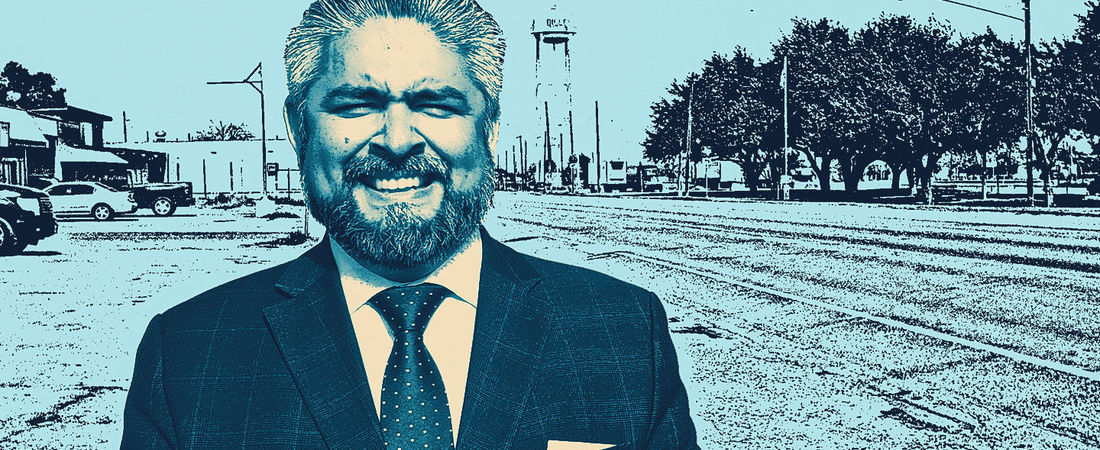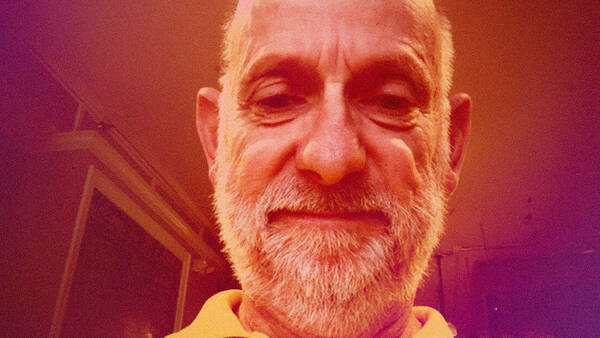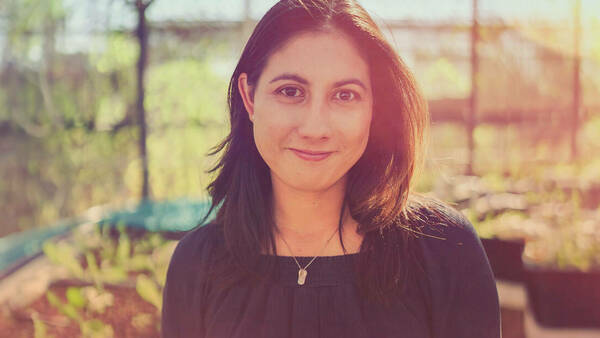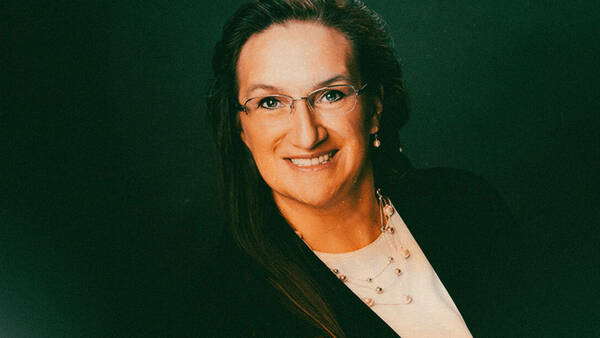Between hours spent in courtrooms and in classrooms, Rudy Monterrosa ’01 J.D. has a lot of experience with immigration. But his knowledge on the subject is not strictly academic – it started in his own home.
“Growing up with an immigrant family, immigration was always a big topic,” Monterrosa says. “Well, not a big topic. It was just our reality.”
Monterrosa was born in San Francisco, California, but his father and mother came from El Salvador and Mexico, respectively. Watching how hard they worked to build a life for their family inspired Monterrosa to dedicate his own life to immigration, but it wasn’t until he saw a Latino attorney at a youth leadership conference that he knew exactly what form that mission would take.
After graduating from Notre Dame Law School in 2001, Monterrosa opened up his own law practice in South Bend and began working as an immigration attorney. He also continued working with the Notre Dame Law School, co-teaching through their Public Defender Externship Program and, in 2015, he became an adjunct professor to teach a course on immigration law. Monterrosa remains honored to share his passion for service and justice with the next generation of lawyers, but 2015 was not an easy time to become an immigration law professor. In the last few years, Monterrosa has had to quickly adapt his teachings to keep up with changing policies.
“It literally felt like every week something else was coming up that you had to talk about in class that wasn’t in the textbook. There were changes constantly happening.” Monterrosa says. “And then we started seeing what the administration was calling these ‘migrant caravans.’ They weren’t migrant caravans but mothers and children coming here and seeking asylum, doing things lawfully.”
It was seeing news coverage like this that drove Monterrosa to act. “I felt like we had an obligation – especially with Notre Dame because we look out for our community – to be involved. To not just talk about it and tell people that we should support this issue, but that we should actually do something about it,” he says.
So in Christmastime of 2018, Monterrosa and his wife, Cecilia Lopez Monterrosa, who is also an attorney, found a new way to celebrate the holiday. “We thought – Jesus was a refugee, and if we’re going to celebrate his birthday, what better gift to give back to your community than to go somewhere and help these women and children that were detained?”
Monterrosa and his wife traveled with three law students — Dr. Rolando Rengifo ’20 J.D., Lauren Andrini ’19 J.D., and Geo Ibañez ’19 J.D. — and local community organizer Jesusa Rivera down to Dilley, Texas, to work with the Dilley Pro Bono Project, an organization that provides free legal counsel to immigrant mothers and their children who are detained at the U.S.-Mexico border. Monterrosa and the other volunteers helped prepare the women for their credible fear interviews during which asylum seekers must present why they are unable to return to their home country in order to be released from detention. Many of the women were fleeing gang violence and would face threats of assault, rape, or even death if deported. Indigenous women from Guatemala, who aren’t well protected by the Guatemalan government, were an especially vulnerable population, and Monterrosa saw many of them at the Dilley detention center in 2018.
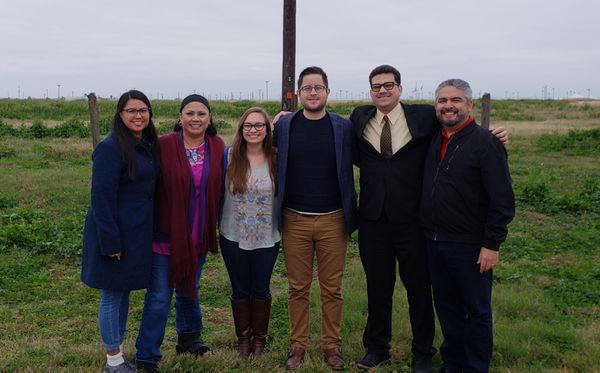
“I remember that everybody had the same uniform – jumpsuits and Crocs. Bright orange Crocs that they would wear. But I remember one woman who was able to make a makeshift cradle out of the blanket that she had, and she had her baby behind her back, like what you would see when you visit Guatemala. There are indigenous women carrying their children like that,” he remembers. “And so when I saw that — I guess it broke my heart, right? I understood that these women would’ve remained in their country and were just happy living there, because they’ve been there. These were people that spoke Mam and Quiché, which are indigenous languages, languages that have been around for 4,000 years. And so then having these traditions, I imagine that were it not for this persecution, they would’ve remained in their country. But they came here seeking protection from the United States.”
But for Monterrosa and the other volunteers at the Dilley Project, the goal wasn’t exactly to protect these women. It was to empower them. With the help of bilingual volunteers like Monterrosa, the women learned their rights and how to present their cases most effectively. Monterrosa says the women were largely successful in presenting their claims, but the process became more difficult when he volunteered again in 2019 — this time with Anayeli Miranda-Perdomo J.D. and law student Grace Nickels ’20 J.D. — after policies had become more restrictive. When an asylum seeker’s claim is denied by an asylum officer, they can appeal the decision in front of a judge. In 2018, Monterrosa didn’t have to appeal any decisions in court, but in 2019 he had six cases that went before a judge. They won five of those cases, but Monterrosa says that the Dilley Project’s approach seeks to uplift even those who are met with denials. “They would tell these women — you are a person, you have value, and that we’re here together and we’re here to support you. So then I think even if cases didn’t exactly go the way that we wanted them to, at least we were giving these women hope and inspiration to keep fighting.”
It’s this assertion of value and personhood that Monterrosa worries gets lost in the national discussions about immigration. “When you hear people talk about immigration in the media or on a national platform, it’s always immigrants, asylees, or refugees. It’s always nameless, almost not humane. And when you start getting into a political discourse, that’s why people start using terms like illegals or illegal aliens, as opposed to — this is somebody who has a name, this is somebody who has a life, this is somebody who’s human.”
Although Monterrosa is encouraged, by the Supreme Court’s recent decision to uphold the Deferred Action for Childhood Arrivals program, he notes that it’s not a permanent, comprehensive fix. He finds hope, however, in the power of the many organizations that helped keep DACA protected.
“It was because of the work that partners, community advocates, and different stakeholders in the country did. So I’m optimistic that organizations like the Dilley Pro Bono Project, the (National Immigrant Justice Center), the NAACP, the ACLU, the Dreamer’s Alliance are not going to be taking anything sitting down, and we’ll still continue to fight the good fight.”
